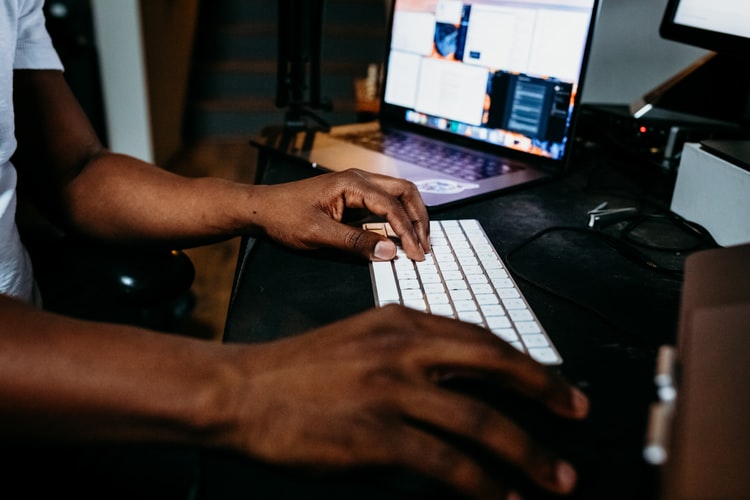Student A of XYZ university is currently struggling to achieve a work-life balance ever since online classes have begun. Previously, his day revolved around a fair mix of classes, trips to the library and hanging out with friends at the canteen. Now, it involves downing cups of coffee while sitting with his eyes glued to the laptop all day and swinging between online classes and assignments that all of them leave behind as gifts.
While we are aware that classrooms and offices have moved online to stem the spread of COVIID-19, it is important to take a step back and gauge what this actually means. Since the announcement of the lockdown from March 24, an increasing number of services have shifted their base to the internet, where they aim to continue functioning like nothing ever happened.
This is exactly where the problem lies.
Around 1920, Mahatma Gandhi launched the Non-Cooperation movement aiming to force the British government to retreat. Little did he know that hundred years down the line, this movement would be given an entirely new meaning, in the wake of a viral outbreak – waiting for it slow down.
With the shift to the online mode of teaching and working, what has become strikingly evident, is the fundamental state of denial that most administrative bodies seem to be exhibiting. In fact, the most striking example of this is the unbelievable inflexibility with deadlines and assignments that top-notch educational institutions across the country seem to be dumping on their students with a one pointed goal: to complete the syllabus on time.
It is imperative then to evaluate the role that a classroom plays in the education system. It is an environment where students can come together irrespective of their family backgrounds and engage in the coursework. The minute one shifts the student outside an objective atmosphere like the classroom, a number of other societal and familial obligations may arise which will then stop them from working as effectively as they otherwise would have.
It is important to note that a mere extension of deadlines is not enough to help the students combat the immense pressure. A change in the system of coursework seems to be the need of the hour but authorities have taken it upon themselves to stick to their age-old traditional methods and continue under the illusion that they have successfully transformed an entire physical space of the classroom into a digital one.
Also read: Delhi University: Online Lectures and Accessibility
Of course, what is most shocking is the realisation that none of them seem to be able to identify the basic problem with this – internet in itself is a privilege and shifting classrooms online requires a constant, uninterrupted flow of this privilege, which is where many students fall behind. Many teachers find themselves unable to operate latest technology, let alone learn how to use it effectively in order to take a class. This in turn, often ends up in classes which are subpar at best and leave students with gaps in understanding that neither party are aware of.
This is not just the case with classrooms.
Many people who are currently working from home have similar grievances against higher authorities who all seem to be content with half-hearted measures and full-time work output expectations. Stripped down to its essentials, the office space serves exactly those functions which a classroom serves for its students. It provides a conducive environment for focused work and to expect similar results while sitting at home and dealing with multiple distractions is completely unrealistic.
This non-cooperation movement is one that deviates in many ways from its predecessor. Today, the movement seems to be completely negligent of the needs of those who are not as privileged and therefore effectively leaves them far behind in the race that the world seems to be engaged in. Perhaps the one place, where both these siblings briefly coincide is the historical backdrop that they seem to be competing against. However, unlike the former, which got the credibility it duly deserved, this movement will secure a spot in the pages of history under the deception that things continued running “smoothly” despite the danger that was looming over the world.
The 2020 version of the non-cooperation movement then, is one that is not in favor of the outright, evident rejection, that was typical of its ancestor. This upgrade believes in maintaining the garb of normalcy while sending lengthy emails with numerous attachments all of which end with the most popular punchline of the joke that this system is turning out to be “Stay Safe and Take Care”.
Upasya Bhowal is a post graduate student of linguistics at the English and Foreign Languages University, Hyderabad. Born in Kolkata, she is a published author and an occasional performance poet. When she’s not writing or reading, she enjoys travelling, trying out new cuisines and day dreaming.
Featured image credit: Convertkit/Unsplash

